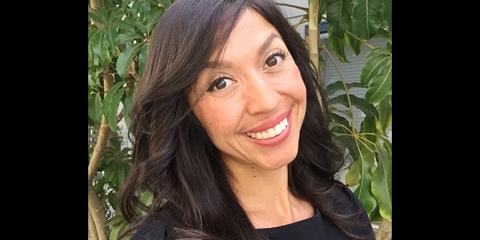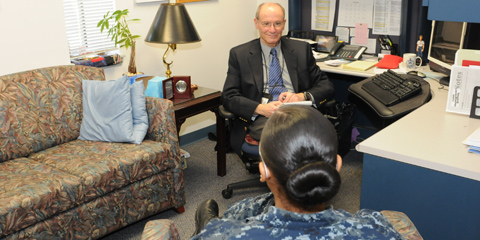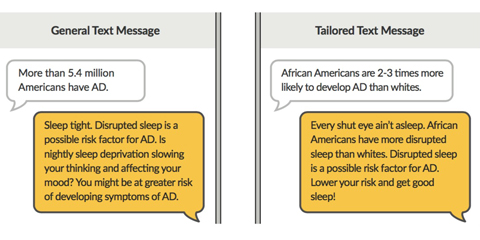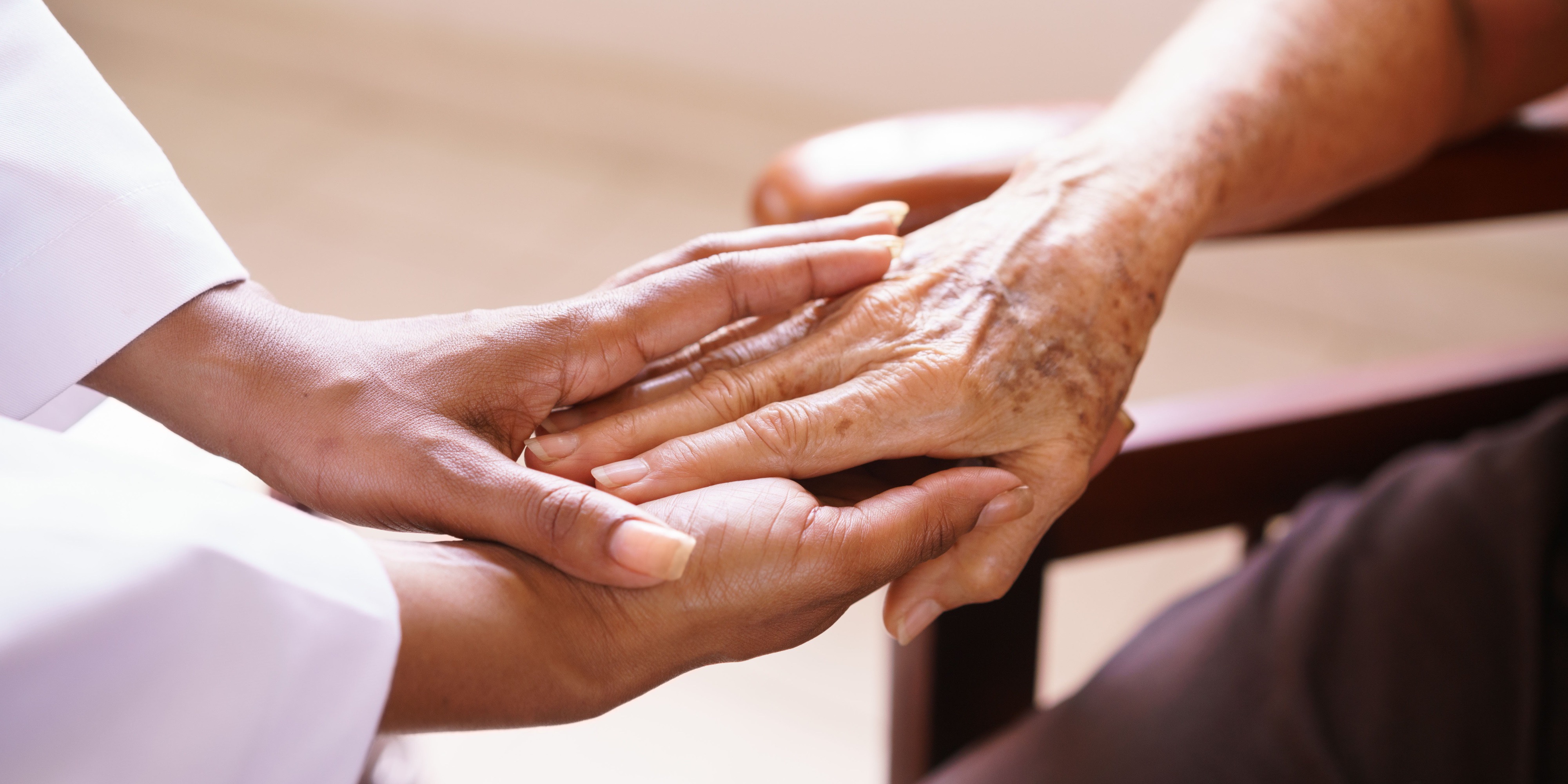News Archive
Research
-

Meet the five USC social work graduate students recognized by the Council on Social Work Education for their work among underserved ethnic minorities.
Students from the USC Suzanne Dworak-Peck School of Social Work are among the most recognized in this year’s class of CSWE Minority Fellowship Program recipients, with four PhD students and one master’s degree student chosen for their dedication to helping underserved minority populations.
-

Curbing rates of veteran homelessness begins with implementing permanent supportive housing models that prioritize access to health care and mental health services.
-

Research Associate Professor Hazel Atuel is developing new digital solutions for Cognitive Processing Therapy training so that clinicians can treat veterans with PTSD more effectively.
-

Clinical Associate Professor Kristen Zaleski is conducting groundbreaking research on the social and mental health effects of child marriage in the United States—and the policy changes that could put an end to the practice.
According to Clinical Associate Professor Kristen Zaleski, child marriage in developed nations remains one of the most under-researched subjects in the field of social work.
-

A new USC study shows that older African Americans who received culturally tailored text messages about Alzheimer’s disease had the highest increase in Alzheimer’s disease literacy levels when compared with other participants.
Researchers say the study, published in the American Journal for Geriatric Psychiatry, shows culturally competent educational formats are an important way to reduce health disparities.
-

The research project will examine how a gap between inclusion policy and practice affects performance outcomes in the military.
The U.S. Department of Defense (DoD) has long valued diversity in demographic representation across military branches. In recent years, it has funneled more energy, talent and capital into research on diversity and inclusion in the hopes of both positively impacting the experience of service members by creating inclusive climates, and helping the military to fulfill missions more effectively.
-

Associate Professor Shinyi Wu is on a mission to minimize the burden of care for Alzheimer’s caregivers in Latino communities by identifying and addressing gaps in health literacy.
-

Clinical Associate Professor Kim Finney addresses the benefits and challenges of leveraging psychopharmacology to treat military service members who struggle with PTSD and other mental health issues.
-

Why do some people become addicts, and others do not?
Imagine an alcoholic parent who has four children. Each of those children would be considered at higher than normal risk for developing an addiction themselves – but only one does. That one might carry an addictive gene that is not present in their siblings’ DNA.
-

The new edition of this 2015 book provides a deeper dive into the issue of military sexual violence and the treatment methods that could help veterans address and heal from trauma.